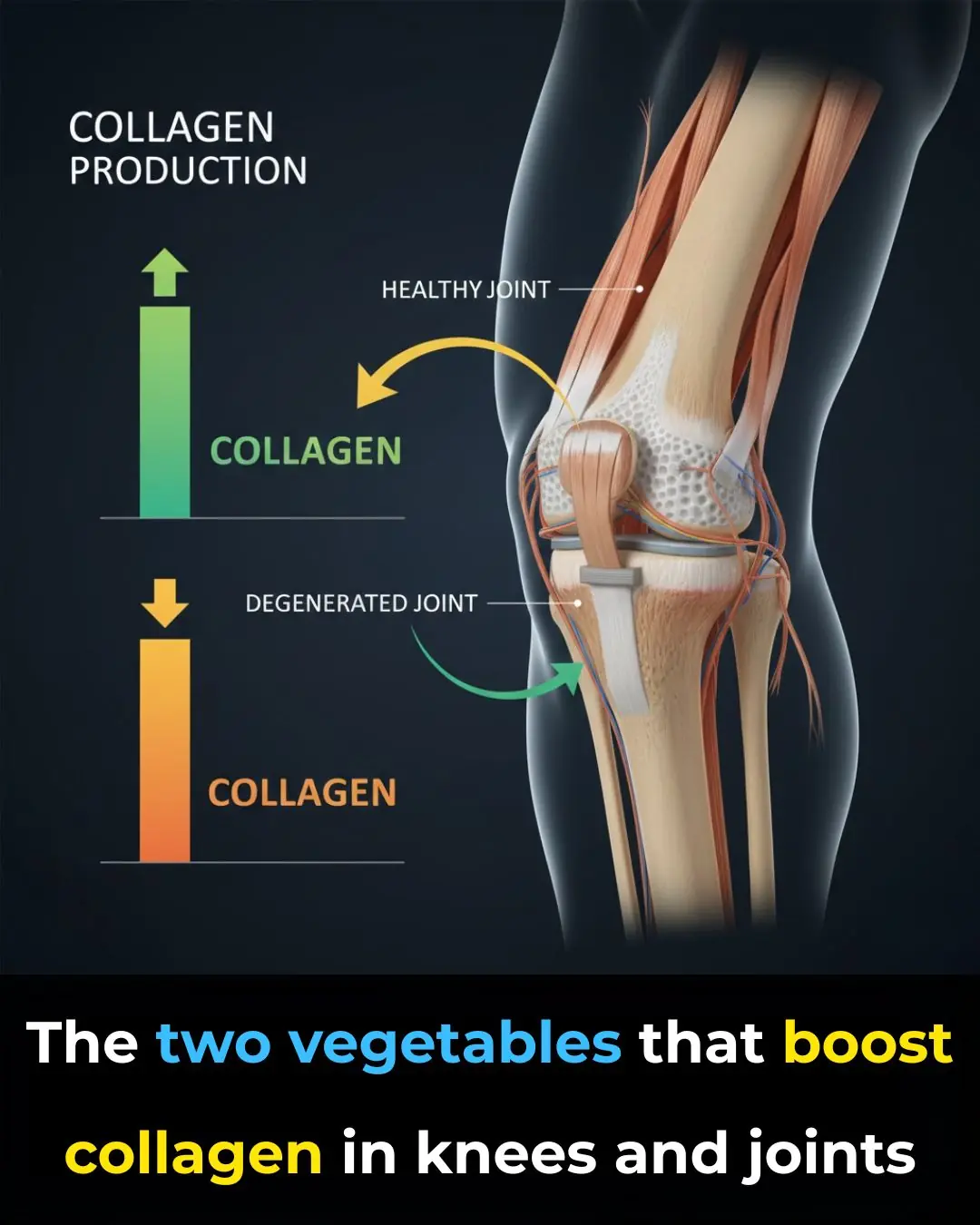
Doctors at Isfahan University of Medical Sciences (Iran) recently reported a very rare case of "head-drop syndrome."
Specifically, a 23-year-old young man from Iran was diagnosed with Cervical Kyphospholiosis Syndrome (CKS), also known as "head-drop syndrome." The cause was identified as years of substance abuse.
CKS is a rare medical condition characterized by severe weakening of the neck muscles, preventing the patient from holding their head in an upright position, causing it to always tilt forward at nearly a 90-degree angle. This syndrome is typically associated with neuromuscular disorders or congenital deformities.
However, in this case, the young man's condition was caused by a completely different factor — the habit of keeping his neck bent for extended periods after each use of narcotics. The patient came from an economically disadvantaged background, with a history of severe depression and long-term abuse of heroin, opiates, and amphetamines.
Doctors reported that after using amphetamines, the patient would keep his neck in a bent position for prolonged periods, lasting for months on end. This led to gradual deformity in the cervical vertebrae, particularly in the C3, C4, and C5 vertebrae.
Neurological test results showed that the function of the cranial nerves and muscles remained normal. However, CT scans revealed severe kyphosis in the neck area.
Before seeking help at the hospital, the patient had tried various treatments, from herbal remedies to traditional methods, but none were effective. The doctors decided to perform a three-stage cervical spine surgery to remove the deformed bone and restore the proper alignment of the neck.
The surgery was successful, and the young man was able to stand and walk with a support brace just one day after the operation. He was discharged after three days and continued psychiatric follow-up to address his addiction issues.
After one year of monitoring, the patient's cervical spine condition had significantly improved, and he successfully overcame his addiction.
In their report on the case, the doctors emphasized that while narcotics do not directly cause spinal deformities, the prolonged neck position maintained during substance use is the indirect cause of the syndrome.
The research team referred to this unprecedented phenomenon as "drunken syndrome," describing the dangerous combination of a distorted lifestyle due to addiction and the severe musculoskeletal consequences it causes.









































